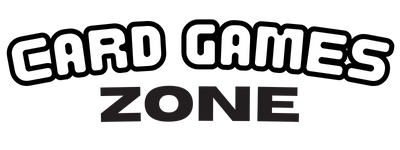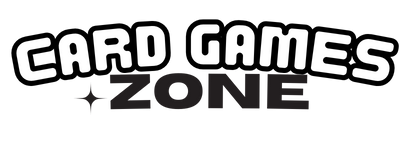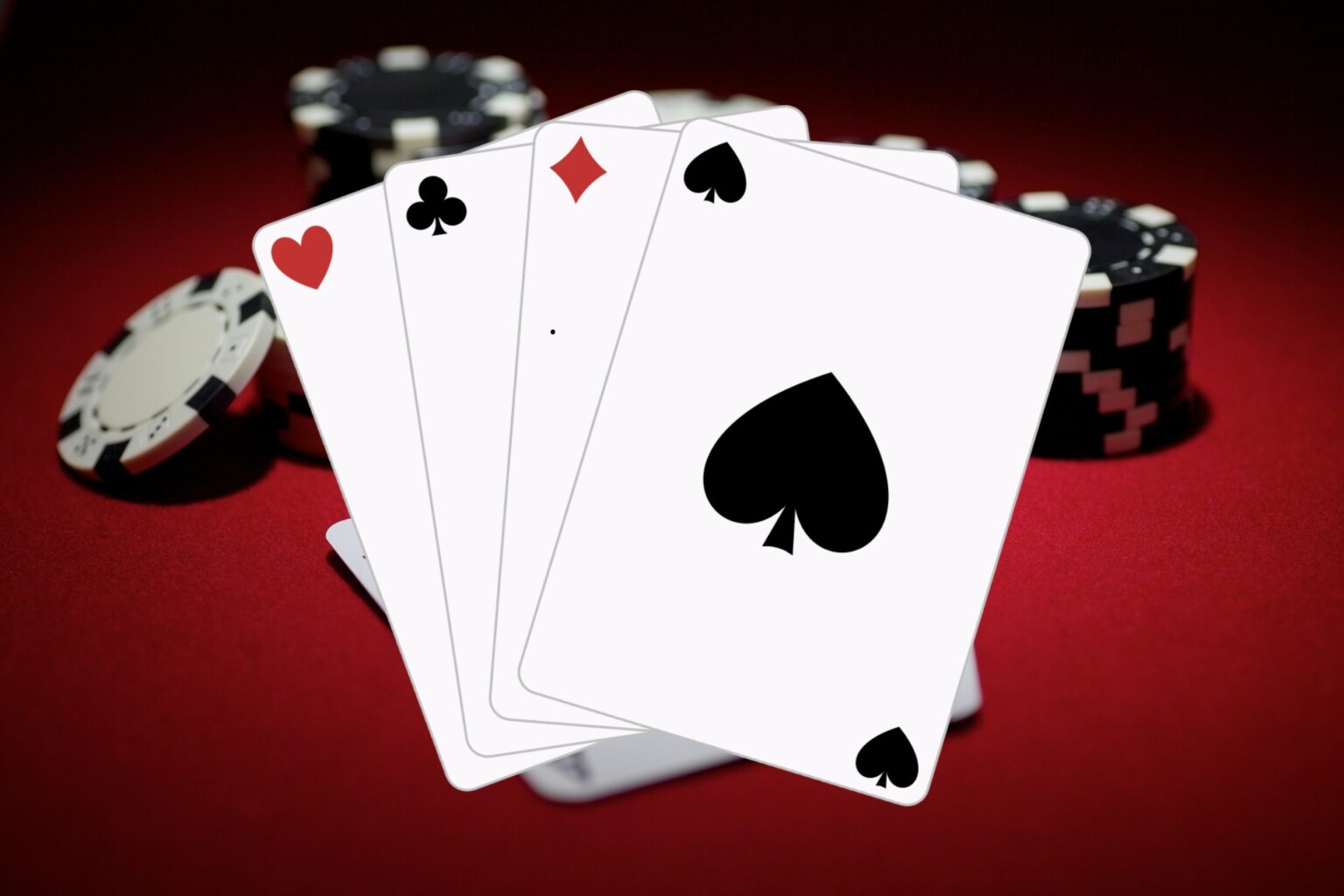Discover how to master Omaha Poker with our detailed step-by-step guide. Whether you are a novice or an experienced Texas Hold’em player, this guide will help you understand the rules, strategies, and nuances of Omaha Poker, making you proficient in no time.
What You Need
To play Omaha Poker, you will need:
- A standard 52-card deck
- Poker chips
- A dealer button
- Two “blind” buttons
- 2 to 10 players
Who Can Participate
Omaha Poker is suitable for:
- Poker enthusiasts familiar with Texas Hold’em
- Beginners looking to expand their poker repertoire
- Players seeking a game with more action and strategic depth
Objectives/Goals
The main objective of Omaha Poker is to create the best five-card hand using exactly two of your four hole cards and three of the five community cards. This guide will cover the rules, betting structure, and strategies to excel in Omaha Poker.

Step-by-Step Instructions
1. Understanding the Basics
Omaha Poker, much like Texas Hold’em, is a community card game. Each player is dealt four hole cards, and five community cards are dealt in stages. Players must use exactly two of their hole cards combined with three community cards to form their final hand.
2. The Phases of the Game
Pre-flop: Players receive four hole cards face down. The first betting round begins with the player to the left of the Big Blind. The Flop: The dealer places three community cards face up on the table. A second betting round follows. The Turn: A fourth community card is dealt face up, followed by a third betting round. The River: The fifth and final community card is dealt face up, leading to the final betting round. The Showdown: Remaining players reveal their hands. The best five-card hand wins the pot.
3. Betting in Omaha Poker
Omaha is typically played as Pot-Limit Omaha (PLO), meaning the maximum bet a player can make is equal to the size of the pot. Understanding how to calculate pot-sized bets is crucial.
Example:
- Pot: $10
- Player A bets $5
- Player B wants to “raise the pot.” The maximum raise is calculated as: $5 (call) + $20 (pot after call) = $25
4. Hand Rankings
Hand values in Omaha tend to be higher than in Texas Hold’em due to the additional hole cards. Common strong hands include straights, flushes, and full houses.
Variations or Alternatives
Omaha Hi-Lo (8 or Better)
In this popular variant, the pot is split between the best high hand and the best qualifying low hand. To qualify for a low hand, a player must have an 8-high or lower hand with no pairs.
Key Points:
- Best low hand: A-2-3-4-5
- If no qualifying low hand, the entire pot goes to the best high hand
Other Betting Structures
Omaha can also be played with different betting structures:
- Fixed Limit: Betting is limited to pre-determined amounts.
- No Limit: Players can bet any amount up to their entire stack.
Tips and Strategies
- Hand Selection: Be selective with starting hands. Look for hands that can make strong straights and flushes.
- Position Play: Playing in position gives you more information and control over the pot size.
- Blockers: Use blockers to your advantage. Knowing an opponent cannot have the nut hand can help in strategic bluffing.
- Avoid Overplaying: Two-pair hands are often weaker in Omaha than in Texas Hold’em. Be cautious with such hands.
- Focus on Draws: Omaha is a game of draws. Be aggressive with strong draws, especially those with multiple outs.
Omaha Poker Quiz
php Kopiera kod1. How many hole cards are dealt to each player in Omaha Poker?
2. What is the minimum number of players needed to play Omaha Poker?
3. How many community cards are dealt in total during an Omaha Poker hand?
4. In Omaha Hi-Lo, what is the highest card allowed in a qualifying low hand?
5. Which of the following is NOT a betting structure used in Omaha Poker?
Interactive Scenario
You are playing an Omaha Poker hand. The board reads 10♠ 9♠ 8♥ 7♥ 2♦, and you hold A♠ Q♣ 7♦ 6♦. What should you do?
Question: What is your best course of action?
Answers & Explanations
Option A: Betting heavily could be risky without a strong hand. Your current hand doesn't justify this move.
Option B: Folding might be premature as you have potential for improvement.
Option C: Checking is safe and keeps you in the game without risking additional chips.
Option D: Calling any bet could be dangerous without more information about your opponents' hands.
Additional Resources
- How to Play Hearts: The Guide to Learning the Game
- How to Play Crazy Eights: Guide with Tips & Quiz
- Poker: A How to Play with Video Game and Quiz
External Links
Conclusion
Mastering Omaha Poker can be both challenging and rewarding. By understanding the rules, strategies, and differences from Texas Hold'em, you can improve your game and enjoy the thrill of this exciting poker variant. Practice regularly, utilize the tips provided, and soon you'll be playing like a pro.





